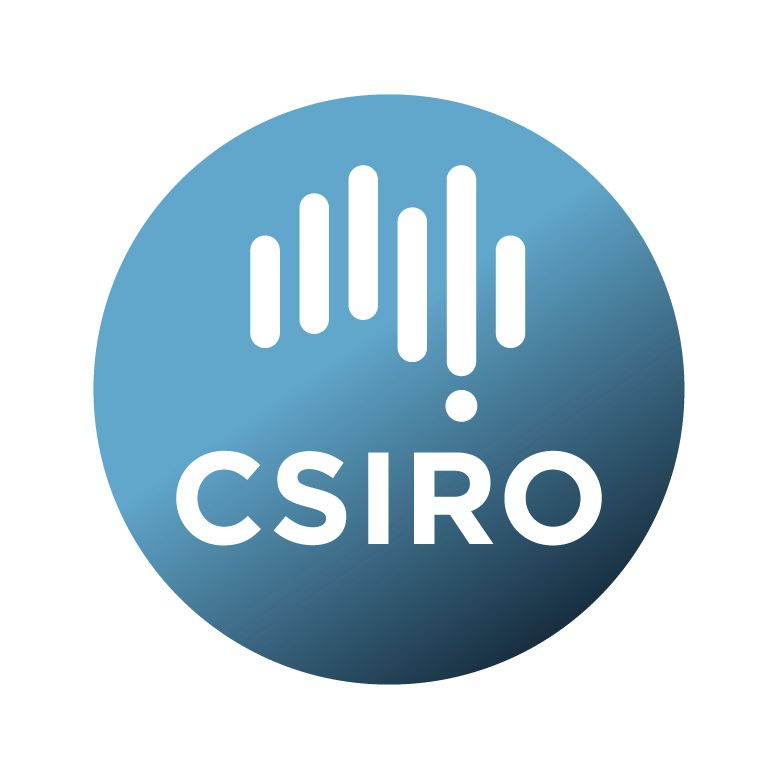Brief description
Global patterns of the contribution of biocultural approaches to pollinators and pollination to quality of life, from studies/sites identified in an analysis. These data were collected as part of, and in addition to, a contribution to the Intergovernmental Platform on Biodiversity and Ecosystem Services assessment of Pollinators and Pollination in Food Production. The data show locations of sites where Indigenous and Local Knowledge (ILK) contributes to: (a) beekeeping; (b) honey hunting; (c) Intangible Cultural Heritage listed as globally significant; (d) Cultural and mixed (cultural/natural) sites inscribed on the World Heritage List (WHL) with significance to pollinators. Also includes studies/sites identified where ILK contributions to practices that protect pollinators: Actions to foster pollinator nesting resources; mental maps of pollinators/resources; totems; taboos; manipulation of resources in the landscape; use of biotemporal indicators; and fire to stimulate pollination resources. Shows the locations of three types of diversified farming systems where ILK has been shown to contribute to pollinator conservation: shifting agriculture; home gardens; and commodity agroforestry. Globally Significant Agricultural Heritage Sites that contribute to pollinators and pollination are also included. This record includes the sources and an Excel file that links the sources to the locations. Data underpinning maps that have been published in Nature Sustainability are kept in an accompanying public access deposit. These maps did not appear in the IPBES assessment.Lineage: These data were collected as part of, and in addition to, contribution to the Intergovernmental Platform on Biodiversity and Ecosystem Services assessment of Pollinators and Pollination in Food Production. The collaborating authors were involved in an extensive literature search that located many studies providing information about Indigenous and local knowledge associated with pollinators and pollination. These studies were classified into the categories noted above in the collection description, and the location of the sites and the regions found on Google Earth. The files deposited here link the studies to these locations, recorded as decimal degrees of latitude and longitude. For this reason, access to these files are restricted and available only on request to the corresponding author.
Available: 2019-01-18
Data time period: 2017-01-01 to 2018-01-01
Subjects
Anthropology |
Biological Sciences |
Biological (Physical) Anthropology |
Cultural Geography |
Ecology |
Ecology Not Elsewhere Classified |
Environment Policy |
Environmental Sociology |
Global Change Biology |
Human Society |
Human Geography |
Human Geography Not Elsewhere Classified |
Other Biological Sciences |
Other Human Society |
Other Human Society Not Elsewhere Classified |
Policy and Administration |
Population Ecology |
Sociology |
Terrestrial Ecology |
biocultural diversity |
conservation |
indigenous people |
local communities |
User Contributed Tags
Login to tag this record with meaningful keywords to make it easier to discover
Identifiers
- DOI : 10.25919/5C4166203C43D

- Local : 102.100.100/76996


